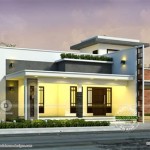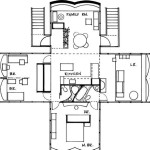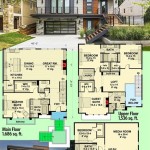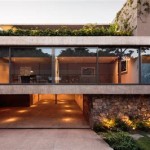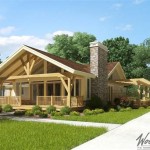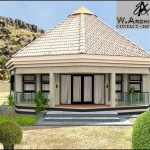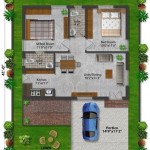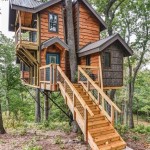Essential Aspects of a Medieval Manor House Plan
Medieval manor houses were the heart of feudal society, providing both shelter and a center of economic activity. The design of these houses reflected the needs of their inhabitants, as well as the social and economic conditions of the time. Here are some of the essential aspects of a medieval manor house plan:
1. Central Hall: The central hall was the focal point of the manor house, serving as a communal space for dining, entertaining guests, and conducting business. It was typically a large, open room with a high ceiling and a central hearth for heating. The lord and his family would often occupy a raised dais at one end of the hall.
2. Solar: The solar was a private chamber reserved for the lord and his family. It was typically located on the upper floor of the manor house and was often equipped with a fireplace and a latrine. The solar provided a comfortable and private space for the lord and his family to relax and sleep.
3. Kitchen: The kitchen was an important part of the manor house, as it was responsible for preparing food for the lord and his household. Kitchens were typically located in a separate building or on the ground floor of the manor house. They were equipped with a large hearth for cooking and a variety of utensils and cookware.
4. Buttery and Pantry: The buttery and pantry were two important rooms located near the kitchen. The buttery was used for storing food and drink, while the pantry was used for storing bread and other dry goods. These rooms were essential for keeping food supplies safe and secure.
5. Stables and Barns: Medieval manor houses were surrounded by a variety of outbuildings, including stables and barns. Stables were used for housing horses, while barns were used for storing crops and livestock. These outbuildings were essential for supporting the economic activities of the manor.
6. Chapel: Many medieval manor houses had their own private chapel, which was used for religious services. Chapels were typically located near the lord's quarters and provided a convenient place for the lord and his household to worship.
7. Gardens and Orchards: Medieval manor houses often had their own gardens and orchards, which provided food and herbs for the household. Gardens were typically located near the kitchen, while orchards were often planted in a nearby field. These gardens and orchards helped to supplement the food supply of the manor.
The design of a medieval manor house plan was carefully tailored to meet the needs of its inhabitants. These houses provided a comfortable and functional living space for the lord and his family, as well as a center for economic activity. The essential aspects of a medieval manor house plan continue to influence the design of homes today.

Image Result For Plan Of A Medieval Manor House Floor Plans

Plans Of The Ilkley Manor House

Balm Castle House Plans Luxury Home

House Floor Plans Castle Plan

Plate 3 Ground And First Floor Plans British History

Featured House Plan Bhg 6133

Preliminary Design For Tüköry Mansion Study A Manor House Scientific Diagram

Castle House Plan 6 Bedrms Baths 9465 Sq Ft 116 1108

Tudor Home Plans Large Manor House With Steep Rooflines

Dysart Castle House Plan Mansion

